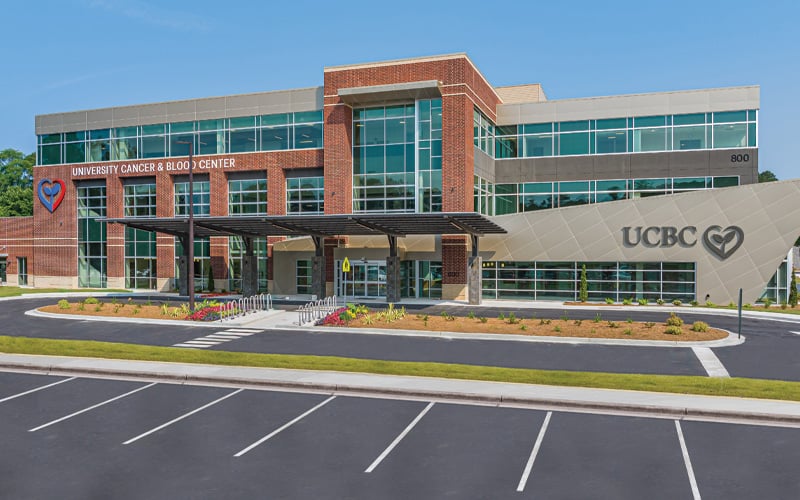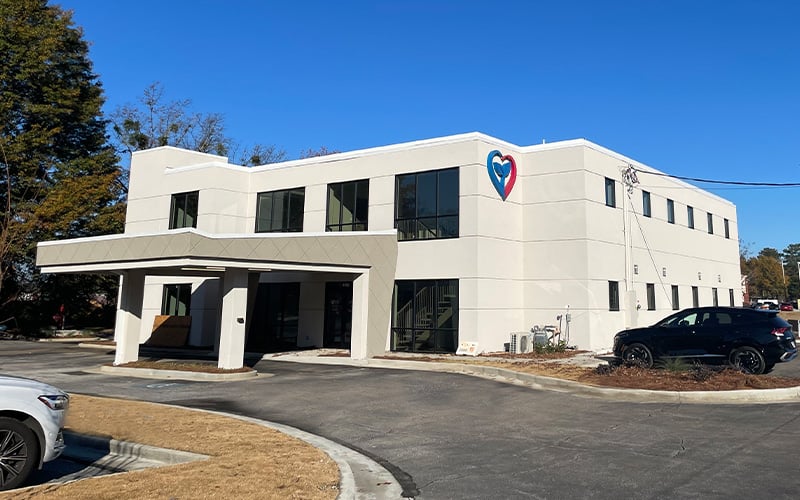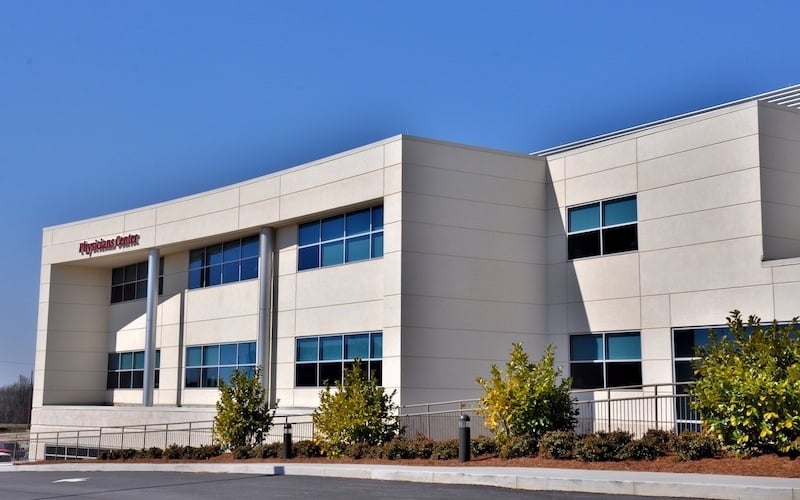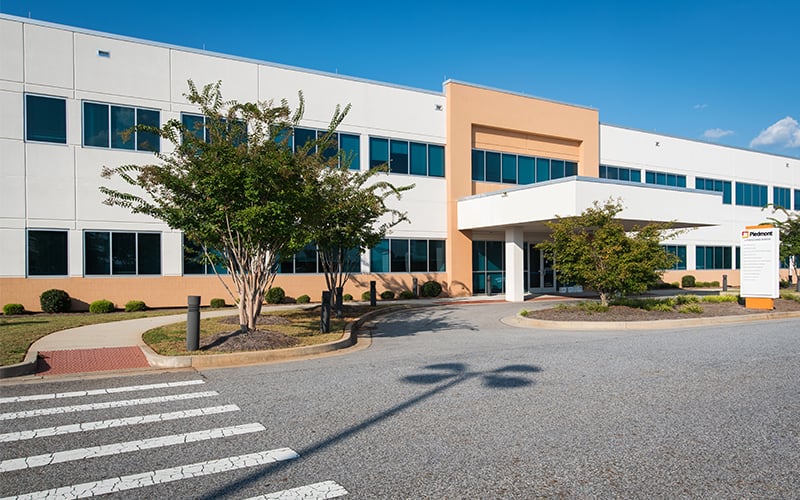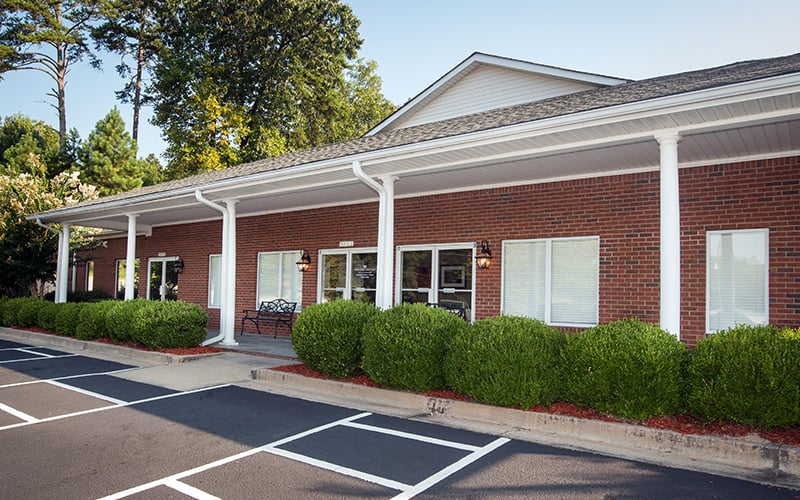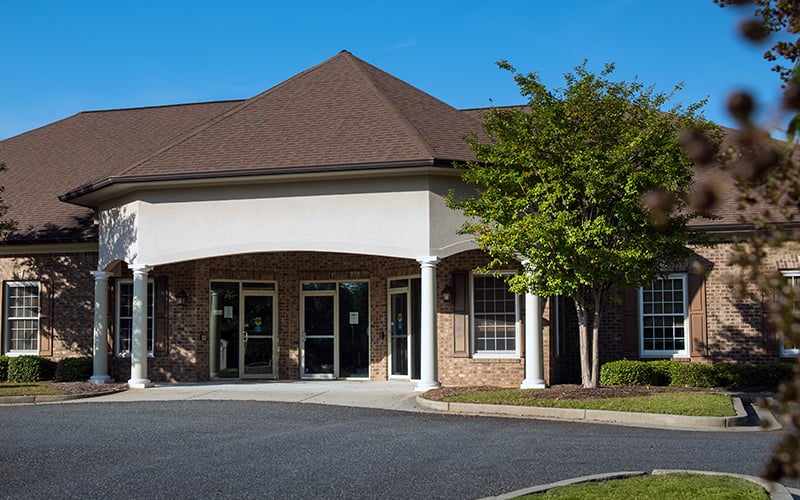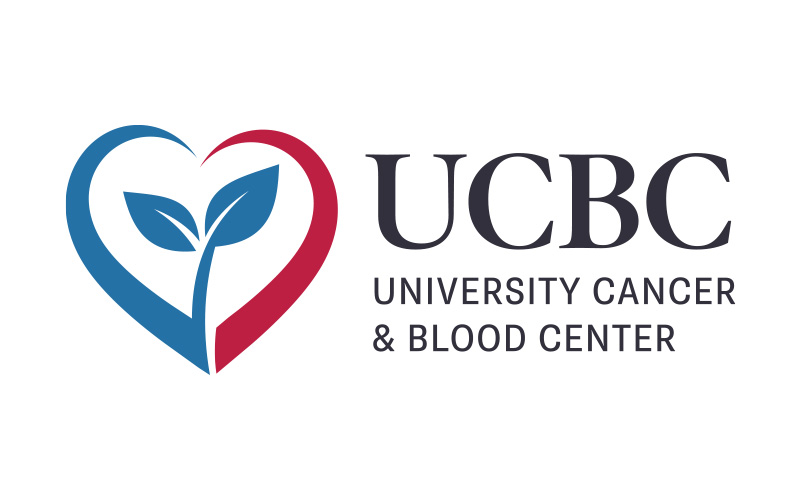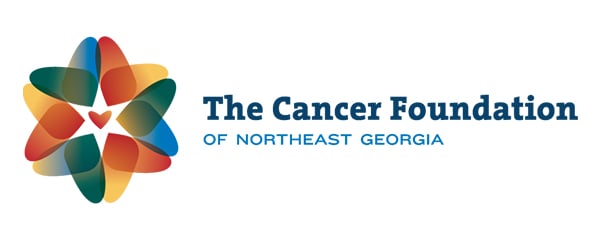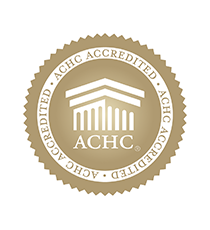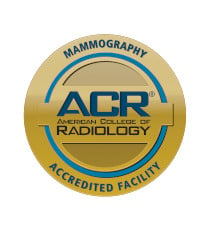You likely already know the dangers of smoking cigarettes — the number one risk factor for lung cancer. But because lung cancer is the leading cause of cancer death in both men and women, we want to bring awareness to the other risk factors that smokers and nonsmokers alike may face in their day-to-day lives.
What is Lung Cancer?
Like other cancers, lung cancer is a disease in which abnormal cells divide at an accelerated rate, invading other surrounding tissues. When these out-of-control cells begin in the lungs, it’s diagnosed as lung cancer. Part of what makes this disease so deadly is that lung cancer can often metastasize, or spread, to your lymph nodes and other vital organs before it is detected.
The different types of lung cancer, include:
- Adenocarcinoma: Cancer cells begin to form in and line the tiny air sacs, or alveoli, of the lungs, creating heavy mucus.
- Squamous cell carcinoma: Also known as epidermoid carcinoma, this cancer forms in the lungs’ lining.
- Large cell carcinoma: This cancer could appear in any part of the lung, and begin with any type of large cell.
Lung Cancer Doesn’t Only Affect Smokers
During Lung Cancer Awareness Month, we want to bring particular attention to the fact that 20% of people who die from lung cancer have never smoked tobacco. “Other environmental factors also come into play and increase risk,” explains Dr. Erick Flynt, “including exposure to harmful toxins, secondhand smoke, and air pollution.”
The most toxic materials that could contribute to lung cancer include:
- Asbestos: A heat-resistant mineral that was once commonly used in the construction of homes and commercial buildings. Asbestos mine workers and those who work closely with the material are most at risk.
- Radon: Radon gas exposure happens most often in residences, schools, office buildings, or in underground mines. Radon tests can show how at-risk you are in your environment, and provide the next steps to making the space safer.
- Uranium: Uranium is a naturally radioactive metal that appears in trace amounts in rocks, water, soil, and air. It is primarily used in nuclear power plants and weapons, though also may be found in light bulbs, photography chemicals, or ceramic glazes.
Research continues regarding the precise causes of lung cancer, beyond smoking tobacco and exposure to the above toxins. For now, we also know a few other environmental factors that can increase your risk:
- Air Pollution: Studies show a 30-50% increase in lung cancer rates based on long-term exposure to air pollution — the particles and toxins released in the air including smog, soot, and greenhouse gasses.
- Secondhand Smoke: Annually, secondhand smoke causes an estimated 7,000 lung cancer deaths. Though more bars, restaurants, and airports across the country have banned indoor smoking, people may still encounter prolonged exposure at their customer service job, or at large gatherings or in homes where others are smoking.
Lung Cancer Prevention
One of the greatest things you can do to decrease lung cancer risk is to quit smoking, or not start to begin with. Also, lower your exposure to secondhand smoke by avoiding public areas that allow smoking, and keeping others from smoking in your own home and car. If your occupation exposes you to cancer-causing toxins, have a conversation with your employer and colleagues about safety precautions that can be implemented to create a safer work environment for everyone.
Nonsmokers and smokers alike can take other steps to decrease their cancer risk by exercising and eating healthily, limiting alcohol intake, and getting early screenings if they have a family history of lung cancer or are otherwise at higher risk.
At University Cancer and Blood Center we are continually conducting clinical trials to improve lung cancer treatment therapies, and therefore survival rates. For more information about our locations and services, reach out to our Medical Oncology department at 706.353.2990, or explore our website online.

